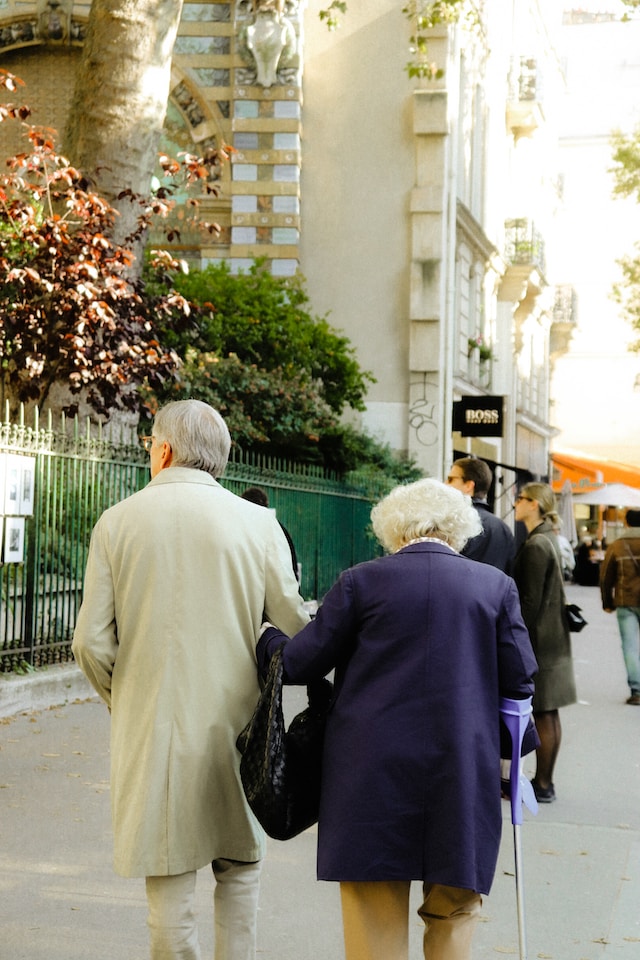Shouldn’t the French get with the script?
The state can’t afford to pay for them to play boules and drink pastis for a quarter-century

Over on my substack Joining the Dots, my former BBC colleague Henri Astier makes an enormously interesting point on French discontent with pension policy reform. The French, he says, are wont to make a display of people power, which “is a challenge not just to elected bodies, but to the rule of law. During a recent rally a banner waved by unionists read: ‘Let’s block everything’.”
Henri’s guest post is hugely insightful if, like me, you’re wondering what on earth is wrong with the French. Why are they getting so animated that the state retirement age rose by a mere two years, to 64? After all, France’s official retirement age is still much lower than other European countries. In the UK it’s 66; in Germany and Italy it’s 67. America is only marginally better with the national retirement age set at 65, though the full retirement age is 67 for everyone born in 1960 or later.
Shouldn’t the French get with the script and accept reality? Their country just can’t afford to pay for them to play boules, drink pastis and potter around for a quarter-century.
As with everything, there is another view and it’s a hugely attractive one. Some say it’s not unreasonable for the French to react with fury to two years being brutally trimmed from their expected golden retirement. Most French people, according to this theory, start dreaming of retirement in their twenties. They look forward to their sixties as a time of joy and plenty and pleasurable lassitude. After all, in your early sixties, you’re still not old (as in decrepit), your children are grown and mercifully able to look after themselves (and if not, they won’t listen to you anyway) and your parents have gone to their reward. It is, in that sense, a joyous time; you can make of it what you want. “For the only time in your life, you can do whatever you like,” said Simon Kuper (paywall) of the Financial Times in a piece that explained why he has moved away from the standard Anglo-Saxon view that the French should get with reality.
He describes retirement in France as a halcyon period of improved health, more exercise, high living standards, genteel inactivity that includes two-hour breakfasts in the garden, foreign holidays and the luxury of time. French retirees, he found from his interviews, get the chance to do completely ridiculous and unnecessary things like “going to a museum exhibition twice so that you can remember it, or tracking down past lovers”. The weird and whacky phase that retirement becomes means, he wrote, that “much of French adult life is structured in the service of the golden decade.”
Bon dieu.
That doesn’t sound particularly healthful except when you start to reframe the argument. Only 21 per cent of French people regard work as very important, a profound change from 60 per cent in the 1990s. Their attitude reflects changes elsewhere too, with British and American job-seekers, for instance, prioritising work-life balance over pay and benefits, as various surveys found in 2021.
But is wanting something other than the hustle culture the same as wanting to retire early? There are different terms for it: work-life balance; work-life integration. Or even work-life navigation? Choosing when to stop going in one direction?
All very well, if you can find a way to bankroll it. But a state that’s strapped for cash and faced with an aging population can’t provide the sort of Rolls Royce national retirement benefits that the French have come to expect.

